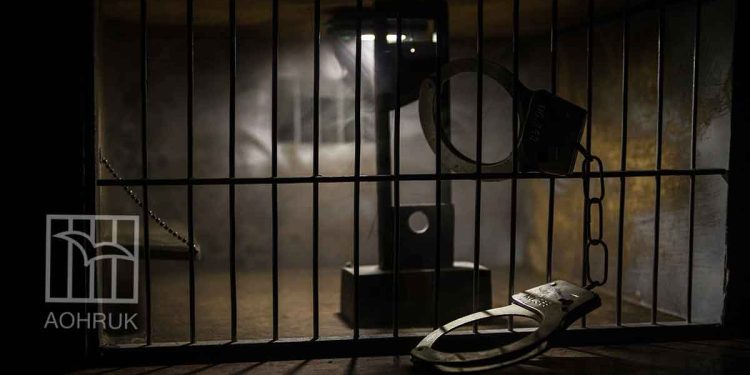Egyptian political detainee Mohamed Abdel-Razzaq died in custody at Damanhour General Prison (Al-Aba’diyya) on 29 March, with his family not formally notified of his death until two days later—a delay that raises serious questions about the circumstances surrounding his death and broader concerns over the conditions of detention in Egypt.
According to sources close to the case, Abdel-Razzaq had no known pre-existing health conditions and had reportedly received a judicial release order. However, instead of being freed, he was subjected to the practice known as “recycling” (tadweer), whereby detainees are charged in new cases to justify their continued detention. He was subsequently transferred to Damanhour Prison.
This case marks the ninth recorded death in Egyptian detention facilities since the beginning of 2024, amid mounting fears of deteriorating prison conditions and what rights groups describe as a pattern of deliberate medical neglect, amounting to collective punishment of political prisoners.
Prison and detention conditions across Egypt have been repeatedly flagged for inadequate medical care, severe overcrowding, poor ventilation, and lack of basic services. These inhumane conditions exacerbate the suffering of detainees—particularly those who are elderly or chronically ill—despite ongoing calls to provide the minimum standards of care required under international human rights law.
So far in 2024, over 50 political prisoners have died in Egyptian custody due to medical neglect and harsh conditions. Dozens more such cases were documented between 2022 and 2024, including in unofficial detention sites such as National Security premises and Central Security Forces camps.
Political prisoners in Egypt often face arbitrary detention under broad anti-terrorism and emergency laws that allow for prolonged incarceration without trial. Common charges include “spreading false news,” “incitement to violence,” and “threatening national security”—vague allegations frequently used to silence political dissent.
Many detainees are tried before military or exceptional courts, such as Emergency State Security Courts, where defendants have no right to appeal, exposing them to harsh sentences in trials that routinely fail to meet basic fair trial guarantees.
Egypt continues to face increasing international criticism over its human rights record, particularly regarding its treatment of political prisoners. The absence of independent monitoring mechanisms inside detention facilities further compounds these concerns.
There is now an urgent need for independent and transparent investigations into deaths in custody, alongside a comprehensive reform of detention conditions, including access to adequate medical care in line with Egypt’s international human rights obligations. The case of Mohamed Abdel-Razzaq is yet another stark reminder of the human cost of a deeply repressive system that demands accountability and urgent reform.


























